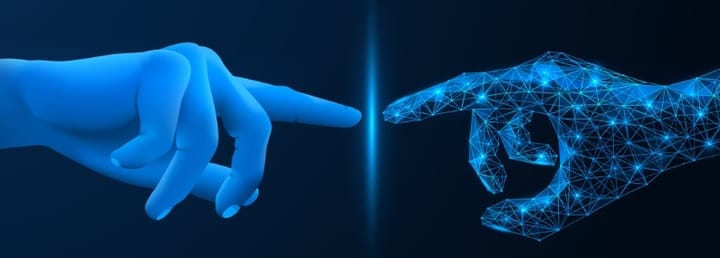Style is the external representation of our true essence.
Iki [pronounced “eee-key”] is “style” — it is the proper external manifestation of honsho 本性, the true essence of a person. Iki generally applies to people and personal style, although an object that is related to a person (clothing, for instance), can be said to have iki.
Why is iki important to us? After all, isn’t “style” simply a superficial thing, something not worth spending significant time on? Actually, no. In fact, iki is very crucial to keeping our honsho (the essence of who we are) strong, healthy, and well-defined.
In fact, iki is so associated with true essence that it often is translated to that very phrase as a secondary definition – and other times can even be translated as "purity" – all of which should serve to reinforce just how much our style is connected to true essence.
Style Synchonized with True Essence
In many ways, iki is the part of of our honsho (our essence) that is readily visible and available to others. If our iki is somehow not in synchronization with our true essence, then we have created a dissonance — a disconnect with what we are and what we do.
Remember also that iki applies to objects and also to places or organizations. If, for instance, a dojo is messy, unkempt, and clearly not well cared-for, then how strong can the karatedo be that is taught and practiced there? If there is a disconnect between the outside and the inside, then truly there is no balance.
And just like for places and objects, this is true for people as well. If iki and honsho are not in synchronization, there is no balance for an individual.
Style as a Shorthand for Evaluating True Essence
There is more to iki, though, then just balance. Iki is a way to communicate honsho as well. Again, with our example of a dojo: elegant simplicity and simple, but meaningful decoration conveys one kind of honsho. A dojo with a mishmash of conflicting decoration, crass commercialism, or inappropriate behavior among students or teachers is another thing entirely. Both reflect the honsho of the dojo; one can clearly read the essence of the dojo by observing the physical dojo and the students of the dojo.
And similarly, the iki of a person can be used to read the honsho of that person. Someone who doesn’t take proper care of their appearance, someone who acts in a way that is ungracious and rude — all of these are the mirror impressions of the honsho of that person. And likewise, a person that is gracious, polite, courteous, and takes proper care of their appearance reflects a honsho of compassion, understanding, and deep commitment to self and community.
Changing True Essence by Changing Style
Iki can also become a way to fine-tune, sharpen, perhaps even grow our true essence in the direction that we want.
For instance, perhaps we feel anxious and unsettled about different parts of our life. The act of organizing our home or workplace might seem an exercise in creating a "fake" style that doesn't reflect our true inner state: but another way to think about this is that perhaps the act of organizing our external environment might reinforce, or redirect, our internal true essence in a manner that we want.
Have you ever had an experience where perhaps you've had a frustrating day at the office, full of discordance and unsettled feelings, and then come home to a peaceful, clean, and organized home? Imagine how you felt after being in that home for a while – that's a great example of a case where the external style of your home influenced the true essence of your being, and created calm and stillness where before there was anxiety and discord.
Style is Identity
Iki is an important part of your identity. And you can control and shape that part as much as anything else in your life.
Care for, cultivate, and value your own iki as much as you do the other parts of your life – you'll feel that much more of a "whole" person for having done so.
Editor's Note: This lecture was first delivered by Sensei in San Rafael, California on 12 March 2014, and then again at the Goju Karate NYC Dojo on 2 November 2022, and then once more at the Goju Karate NYC Dojo and via Livestream on 4 November 2022.





